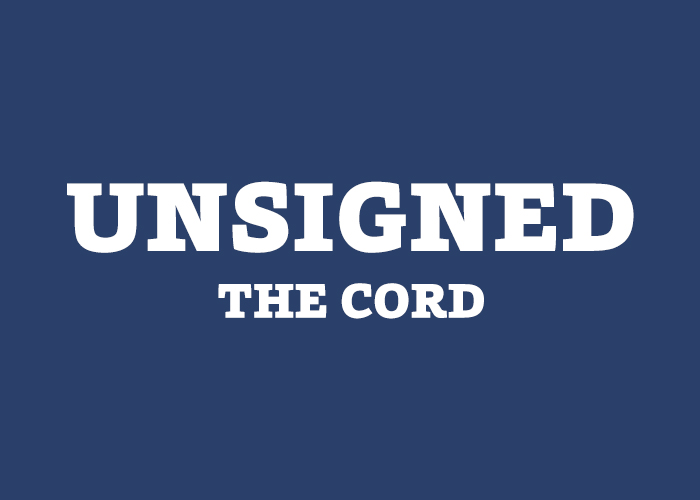Unsigned: The ethics of the Oscars and their political statements

It seems that all the talk in the last few days has been about the Oscars. Between Nicole Kidman’s clapping and the La La Land/Moonlight mix up, it’s been a massive topic of conversation.
It’s a shame that overshadowed some of the real political messages of the night.
The Oscars have always been a platform for celebrity voices and causes. This was no exception.
Viola Davis’s speech spoke for the people who were unspoken. Asghar Farhadi’s speech was delivered by a representative because he took a stand against Donald Trump’s travel ban. But are the Oscars really a place for political opinions? Well, of course.
Celebrities, above all, are people.
It’s part of their persona too. If they didn’t have a personality, no one would like them. No one would be able to identify with them if they were just a face on a screen.
It works the same way for Donald Trump as it does for Brie Larson — people will pick celebrities they support based on their politics.
In that way, celebrities have a duty to bring light to the issues that they stand for. In a situation like the Oscars, where there are so many talented people crammed in one room, there’s bound to be an eruption as these people point to the causes they care about.
It’s a little ironic that white issues stole the show. After last year’s “Oscars so white” controversy, it was great to see more diverse representation and some historic wins.
The Academy works on a rating system, so the fact that these productions and people won shows that many people voted for them first, but many others saw them ranked them in their top three or four.
It’s just a shame that, in some kind of ironic coincidence, the mostly white production of La La Land stole the show and Moonlight, about a gay black man, didn’t get the true recognition it deserves as best picture.
Contrary to the Academy’s choices in some of the other categories, giving Casey Affleck best actor shows just how far the academy needs to go.
In the world of nine-to-five, women get fired for reporting their sexual assaults. Apparently, in the movie world, you can be rewarded for perpetrating.
That’s an especially touchy subject when you compare Casey Affleck to Nate Parker. Birth of a Nation was supposed to be an awards show sweep. Why, then, was Parker ostracized and Affleck rewarded when they were accused of the same crime?
It brings up a question of identity politics, for sure.
If anything good came from this at all, it started a conversation.
What about the tourists that were paraded around? Some of them seemed to love it, but was it ethical to bring them into this hall, where millions of people would` be watching them, without their consent? There’s certainly a lot to think about at these Oscars beyond the fashion on the red carpet.
Regardless of whether these celebrities are promoting these causes to promote themselves, they are still attempting to make a difference. That says something.
It seems that these messages can come from all actions. Emma Stone wore a Planned Parenthood pin. Ruth Negga wore a blue ribbon for American Civil Liberties Union. Gael García Bernal commented on the wall. Farhadi didn’t come. All of these people made a statement.
In the movie industry, people are being paid to tell stories that are often not their own. These stories can inspire people to act and think in one way or another and that power cannot be understated.
Maybe the best course of action is to steer the car without pressing the gas: show the fans what you believe and let them have an opinion for themselves.
Overall, the ethics of the Oscars were again brought into question on Sunday night. It may not have been as obvious as previous years, but it was still incredibly present.
Whether for the better or for the worse, the platform of the Oscars has again proven irresistible for politics.


